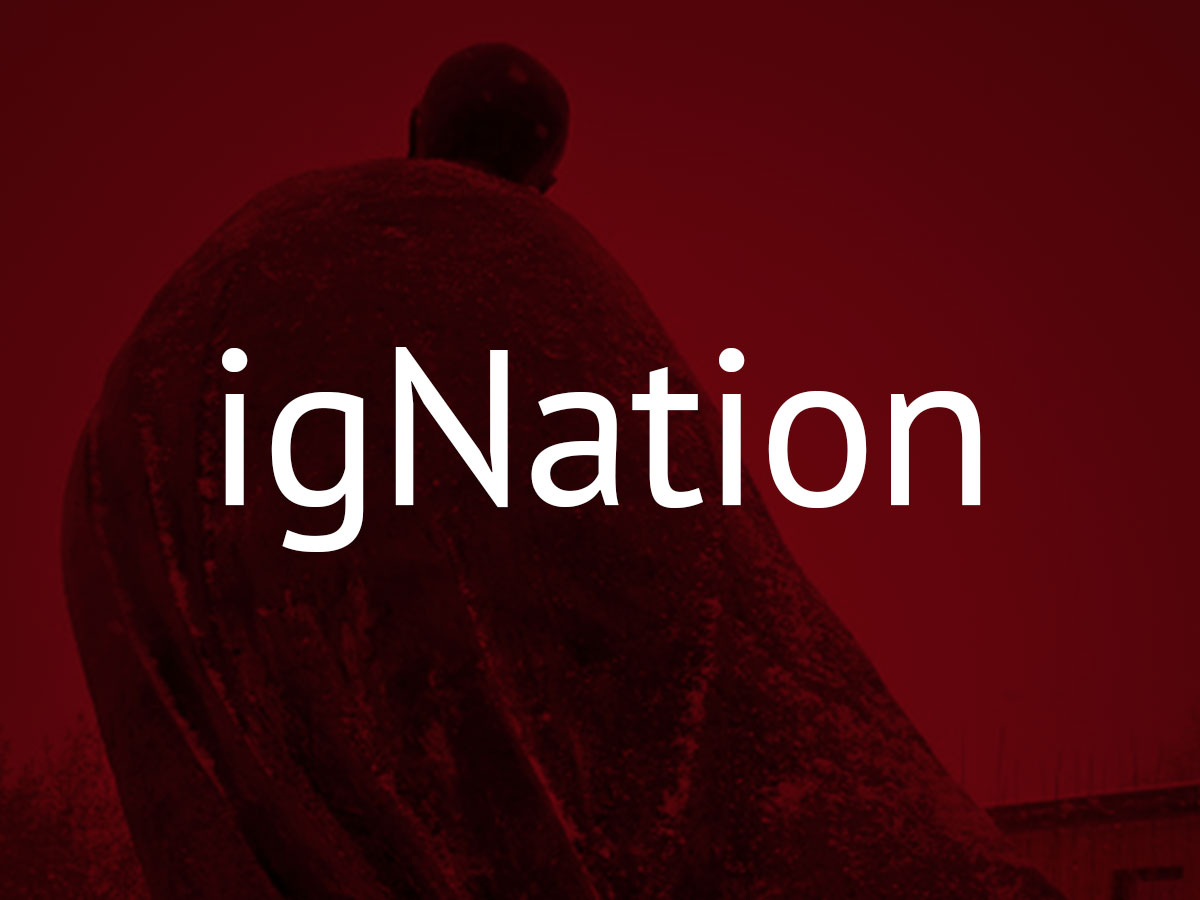Canada 150 & Me – Canada at 150: Feliz Cumpleaños

What follows are the final thoughts of an expatriate en route to extinction.
 After two and three quarters years in Colombia, this cradle Canadian is on the cusp of reintegration into the one and a half century old multicultural experiment called Canada. Like all extinctions, this present one implies a great loss. You see, Colombia agrees with me extremely well. The climate, the astounding variety of fruit, the exuberance of flora, the instinct to embrace when greeting friends and even strangers, the loyalty towards family, the devil-may-care-but-I-couldn't attitude, the hospitality, the constant possibility of bumping into a hummingbird whose charm leaves you marvelling, all these and many more national traits stain the proximate disappearance of my Colombian-self with a tragic tinge.
After two and three quarters years in Colombia, this cradle Canadian is on the cusp of reintegration into the one and a half century old multicultural experiment called Canada. Like all extinctions, this present one implies a great loss. You see, Colombia agrees with me extremely well. The climate, the astounding variety of fruit, the exuberance of flora, the instinct to embrace when greeting friends and even strangers, the loyalty towards family, the devil-may-care-but-I-couldn't attitude, the hospitality, the constant possibility of bumping into a hummingbird whose charm leaves you marvelling, all these and many more national traits stain the proximate disappearance of my Colombian-self with a tragic tinge.
There exist a good number of Colombian-Canadians (60,555 according to the 2011 census), but Canadian-Colombians are a rare breed indeed. I spent my first Christmas here in the back 40 and achieved semi-celebrity status. One fellow told me that never before had he met someone like me. Naturally I was flattered, but slightly less so when I realised that what he meant was that I was the very first flesh and blood foreigner upon which he had ever laid eyes.
In a kind of surprise inverse to the one experienced by my rural friend, during my time here I kept expecting to meet Chinese, Indians, Filipinos, Pakistanis etc., in my daily comings and goings, but all I ever ran into were Colombians and the odd Venezuelan. For lack of travel, I had assumed that all nations were as heterogeneous as homeland Canada. Not so. Although many regional, demographical differences exist, at the end of the day the overwhelming majority of people in Colombia are native Colombians.
This discovery has forced me to reflect more consciously on the cultural diversity of Canada as political policy and key element of our identity.
 As a result, my appreciation for said diversity has deepened, together with my gratitude for having been raised in the midst of it. To take just one example, Colombia has been nearly exclusively Catholic since the arrival of the Spanish conquistadores, that is, until the last few decades. Recently more and more Christian churches, mainly of the evangelical persuasion, have been setting up shop and attracting sizable numbers of disillusioned or disregarded Catholics. Fresh minorities on the scene, these churches often define themselves in aggressive contrast to their Catholic counterparts with a denigrating discourse.
As a result, my appreciation for said diversity has deepened, together with my gratitude for having been raised in the midst of it. To take just one example, Colombia has been nearly exclusively Catholic since the arrival of the Spanish conquistadores, that is, until the last few decades. Recently more and more Christian churches, mainly of the evangelical persuasion, have been setting up shop and attracting sizable numbers of disillusioned or disregarded Catholics. Fresh minorities on the scene, these churches often define themselves in aggressive contrast to their Catholic counterparts with a denigrating discourse.
Catholics, for their part, throw fuel on the fire by reacting poorly out of envy, fear and incomprehension. Thus the scandal of a Christianity violently divided shouts much louder here than in Canada, where years of cohabitation have knocked our respective edges off. In fact, a joint project like the Toronto School of Theology, collaboratively comprised of four Protestant and three Catholic colleges, surpasses the current powers of religious imagination in Colombia.
If indeed respect for and celebration of diversity is the cornerstone of Canada´s being, I would urge my patria from afar to balance itself well on this foundation, because it happens that we sometimes lose our equilibrium. How many Colombians have shared with me their frustration and ire on having their request for a Canadian visa capriciously denied?
My Jesuit friend, a priest of many years with a brother long established in Calgary, has given up on the idea of being Alberta bound after Immigration Canada thrice rejected without explanation his tourist visa application. Granted that eyes in certain circles look askance at us Jesuits, but until now we haven´t appeared on any official terrorist lists, nor have we a particularly bad reputation for drug running.
Canada at 150 years old must not lose its childlike spirit of welcome, hope, friendship, and innocent indifference when it comes to racial, religious and ancestral distinctions. In this sense, we must not let ourselves grow old and arthritic in prejudices and protocols of protectionism. It would be a crying shame if Canada became a country of stingy, territorial curmudgeons.
At the same time, our care for diversity, cultural and natural, must not stop at our borders. Another source of recurring shame for me during my time here has been apologizing for the mess Canadian mining companies are making out of Colombian rivers and forests. Although the tar sands projects in northern Alberta would beg to differ, environmental law in Canada is generally fairly strong.
However, domestic requirements for ecological impact studies, proper management of pollution and post-project restoration do not apply when Canadian companies operate abroad. As a result, all over the world, nice, friendly Canadians are acting like barbarians pillaging foreign minerals. I want my Canada coherent, as kind and careful with Colombian, Guatemalan, African, Asian, etc. patches of earth as with its very own.
 At the end of the big 150 party, when we sit around reminiscing about the years gone by and years yet to come, I would throw in my two cents´ worth by quoting Thomas Aquinas. Rich in education, liberty, diversity, food, technology, opportunity, healthcare, peace, art, languages, water, forests, wildlife, stability, and much more, Canada has cause to celebrate and equal cause to share. When the music´s over, let us make sure we keep listening to old Tom:
At the end of the big 150 party, when we sit around reminiscing about the years gone by and years yet to come, I would throw in my two cents´ worth by quoting Thomas Aquinas. Rich in education, liberty, diversity, food, technology, opportunity, healthcare, peace, art, languages, water, forests, wildlife, stability, and much more, Canada has cause to celebrate and equal cause to share. When the music´s over, let us make sure we keep listening to old Tom:
“The temporal goods which God grants us, are ours as to the ownership, but as to the use of them, they belong not to us alone but also to such others as we are able to succor out of what we have over and above our needs. Hence Basil says: "If you acknowledge them," viz. your temporal goods, "as coming from God, is He unjust because He apportions them unequally? Why are you rich while another is poor, unless it be that you may have the merit of a good stewardship, and he the reward of patience? It is the hungry man's bread that you withhold, the naked man's cloak that you have stored away, the shoe of the barefoot that you have left to rot, the money of the needy that you have buried underground: and so you injure as many as you might help."”




No Comments